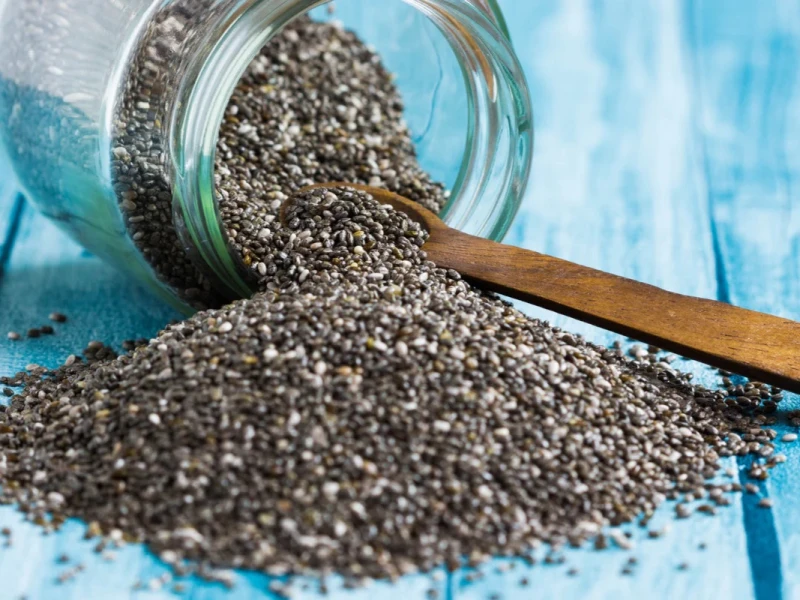Chia seeds, once a staple of ancient Aztec and Mayan diets, have surged in popularity worldwide as a so-called superfood. Packed with nutrients despite their small size, the seeds are now a common ingredient in smoothies, baked goods and even bottled drinks. But while health experts point to significant benefits, they also caution that chia seeds may not be suitable for everyone.
Nutritionists say chia seeds are rich in fiber, protein, omega-3 fatty acids, and essential minerals such as calcium, magnesium and phosphorus. “Just two tablespoons of chia seeds provide about 10 grams of fiber, which supports digestion and helps maintain a healthy weight,” said Dr. Lina Ahmed, a clinical nutritionist in New York. The seeds are also gluten-free and plant-based, making them a popular choice among vegans.
Research suggests chia seeds may help lower cholesterol, stabilize blood sugar, and support heart health. Their high antioxidant content is also linked to reducing inflammation.
As for the best time to eat them, experts say chia seeds can be consumed at any time of day. Many recommend adding them to breakfast foods like yogurt or oatmeal to promote fullness and steady energy levels throughout the morning. When soaked in water or milk for several hours, chia seeds expand into a gel-like texture, making them easier to digest and versatile for puddings or drinks. They can also be sprinkled dry on salads or blended into smoothies.
However, health professionals urge moderation. The high fiber content can cause bloating, gas or stomach discomfort if consumed in large amounts, especially for those not used to a high-fiber diet. Doctors also warn people with swallowing difficulties to avoid eating dry chia seeds, as they expand quickly when exposed to liquid and may pose a choking risk.
“Individuals on blood-thinning medications should be cautious because chia seeds contain omega-3s, which can increase bleeding risk,” Dr. Ahmed added. People with digestive disorders or a history of food allergies should also consult a physician before adding chia seeds to their diet.
Despite these cautions, experts agree that chia seeds are safe for most people when consumed in moderation. With their dense nutrient profile and versatility, they remain one of the simplest ways to boost overall health.


